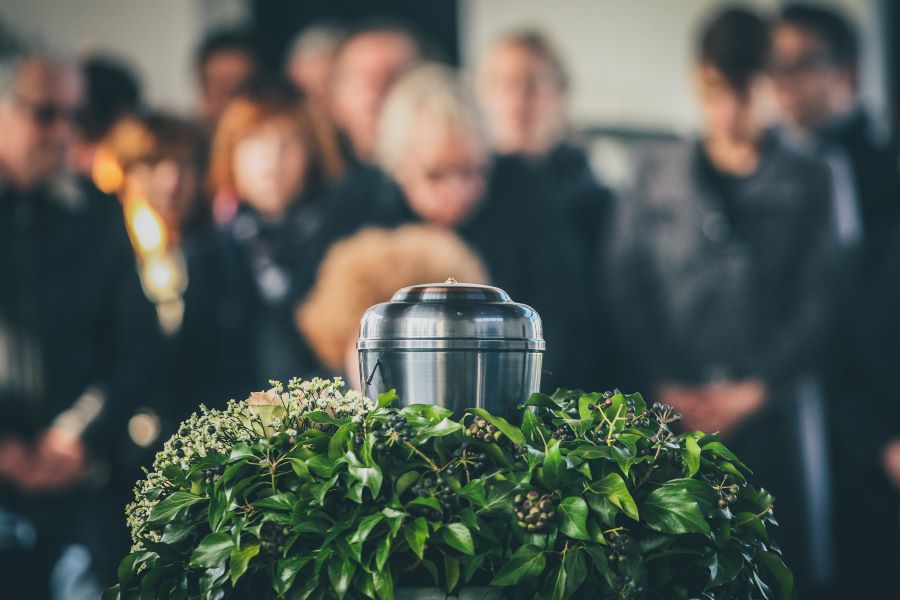Modern Cremation Services: How to Plan a Respectful Farewell and Avoid Hidden Pitfalls
Choosing cremation can feel overwhelming at an already difficult time, yet today’s providers offer more flexibility than ever— from simple direct cremation to personalized memorials with live-streamed tributes, eco-friendly scattering gardens, and keepsake jewelry for family members. This guide explains each service tier in plain language, outlines the paperwork you’ll need, shares tips for comparing providers without surprise add-ons, and lists key questions to ask before signing any agreement. Whether you’re making advance arrangements or facing an urgent need, understanding the process helps you honor a loved one’s wishes and keep expenses under control while still creating a meaningful goodbye.

What’s the Difference Between Direct Cremation and Traditional Services?
Direct cremation represents the simplest option, where the deceased is cremated shortly after death without a viewing or ceremony. This choice typically costs significantly less than traditional services. Traditional funeral services with cremation include viewing opportunities, ceremonial gatherings, and can incorporate religious or cultural elements before the cremation takes place.
Which Eco-Friendly Cremation Options Are Available Today?
Modern cremation providers increasingly offer environmentally conscious alternatives. Water cremation (alkaline hydrolysis) uses up to 90% less energy than traditional flame cremation. Biodegradable urns, sustainable scattering gardens, and memorial tree planting programs provide earth-friendly ways to honor loved ones. Some facilities even use carbon offsetting programs to minimize environmental impact.
What Documentation and Permits Are Required for Cremation?
Several essential documents must be secured before cremation can proceed:
-
Death certificate signed by a medical professional
-
Cremation authorization form signed by next of kin
-
Burial transit permit (if remains will cross state lines)
-
Medical examiner approval in cases of non-natural death
How Can You Create a Meaningful Memorial After Cremation?
Post-cremation memorial options are virtually unlimited:
-
Virtual remembrance ceremonies for distant family members
-
Memory tables with photos and meaningful objects
-
Scattering ceremonies in significant locations
-
Creation of memorial jewelry or art pieces
-
Living memorials like dedicated gardens or trees
-
Online memorial pages for sharing memories
What Critical Questions Should You Ask Cremation Providers?
When evaluating cremation services, consider asking:
-
Are you licensed and certified?
-
What’s your identification verification process?
-
Do you own your crematory or outsource?
-
What’s included in the basic package?
-
How are ashes handled and returned?
-
What are all potential additional fees?
Understanding Cremation Service Costs and Packages
| Service Type | Average Cost Range | What’s Included |
|---|---|---|
| Direct Cremation | $600 - $1,200 | Basic cremation, container, death certificate |
| Traditional Cremation | $2,000 - $4,000 | Viewing, service, cremation, basic urn |
| Full-Service Package | $4,000 - $7,000 | All traditional services plus premium urn and memorials |
Prices, rates, or cost estimates mentioned in this article are based on the latest available information but may change over time. Independent research is advised before making financial decisions.
When making final arrangements, take time to understand all options and costs involved. While cremation typically costs less than traditional burial, prices vary significantly based on location and selected services. Consider pre-planning to lock in current rates and ensure your specific wishes are honored. Remember that the most meaningful tributes often come from personal touches rather than elaborate expenses.




